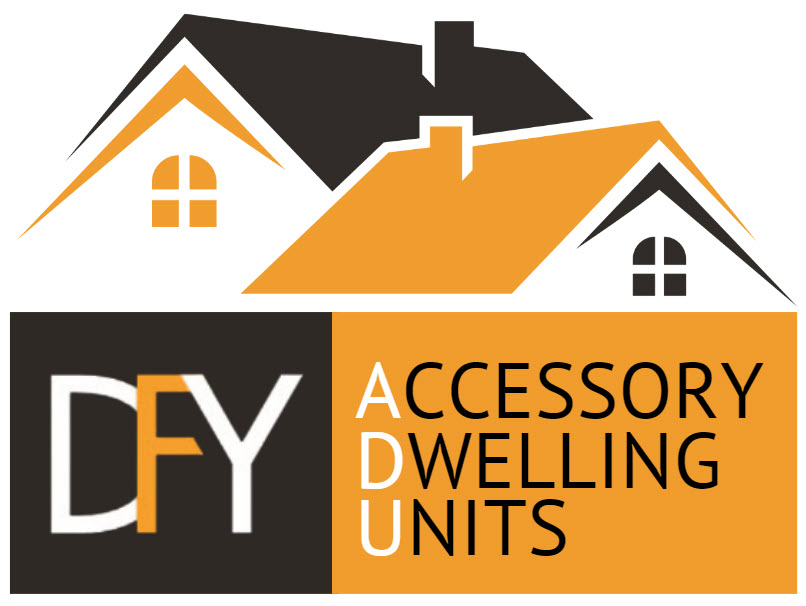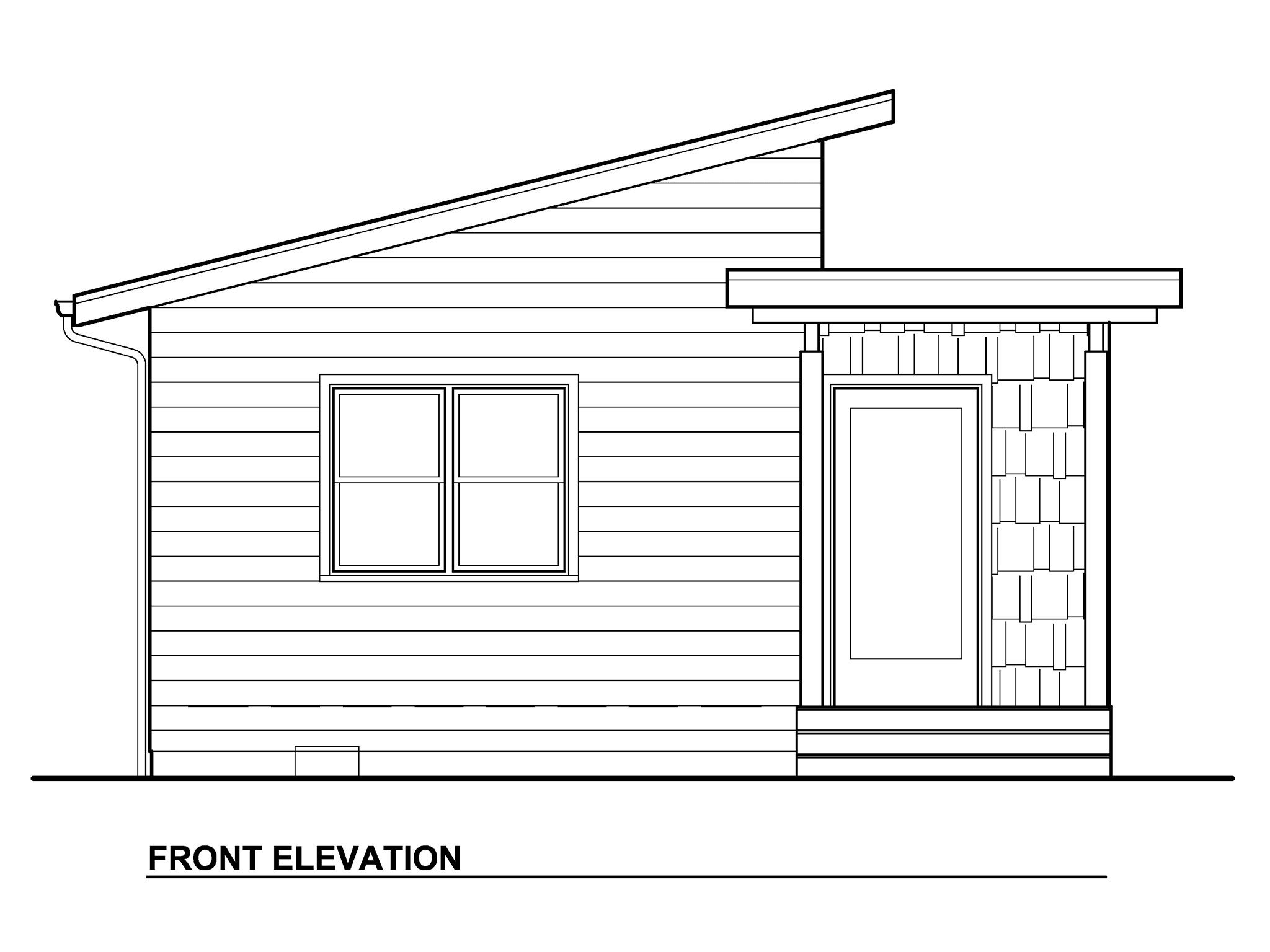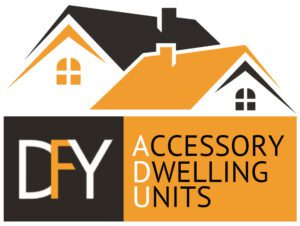DUN FOR YOU CONTRACTING
“ADU” Accessory Dwelling Units
“
Dun For You, offers simple solutions to Homeowners in the niagara region. So Why Move? When You can Let us customize a plan to suite your family’s needs!
Consider the benefits of an ADU. Niagara Region’s housing market has changed, so have we. We are general contractors meeting the needs of Niagara Homeowners since 2003. Let us help you maximize your property value. Learn more about our Process to Build, view our Dwellings Gallery or checkout ADU Resources for the Niagara Region.
“
AcCessory Dwelling Unit

DUN FOR YOU Solutions for a better life
ADU’s appeal to a broad range of Home Owners
Today’s families are often multi-generational, mortgage rates are high so it makes sense to choose our value boosting home services. You have problems, we have solutions!
- Is your home office or hobby taking over your home?
- Do you need privacy from your in-laws or adult children who are living with you?
- Need more room but do not want to leave your school district?
- Want a space to enjoy your hobbies or run your business?
ADUs add flexibility to your property, allowing home owners to use the space for different purposes, such as a, Granny suite, home office, guest suite, storage or rental unit. This versatility can enhance the property’s value. Contact Dun For You Contracting, Niagara Region’s ADU Experts.
Benefits of an Accessory Dwelling Unit
ADU’s Make Life More Livable Where You are

Increased Property Value
Rental Income
Properties with ADUs often have higher resale values. When sold, they offer potential buyers additional income, more square footage, and living space options, enhancing ADU home appeal in real estate. Plus some ADUs qualify for tax benefits.

Rental Income Benefits
Rental Income
ADUs can provide additional rental income, which is especially valuable in areas with high rental demand. Renting out the ADU can provide a steady source of passive income, helping with mortgage payments, funding retirement, or offsetting various expenses.

Multi-generational Living
Multi-generational Living
ADUs are the perfect solution for providing separate living quarters for family members, fostering both privacy and close proximity. Adult children or Grandparents often want to have independence while being available to help when needed.

Reduce Commute Time
Reduce Commute
ADUs add significant flexibility to a property, allowing owners to utilize the space for various purposes, such as a home office, gym, guest suite, or storage unit. This versatility enhances the property's functionality and increases its overall value.

What is an ADU?
Accessory Dwelling Units for the Niagara Region
An Accessory Dwelling Unit (ADU) is a self-contained living unit that is secondary to the main residence on a single-family lot. It can be attached to the primary residence, located within it (such as a basement apartment or attic conversion), or be a separate structure on the same lot, like a standalone cottage in the backyard. ADUs have their own kitchen, bathroom, and sleeping facilities, and are designed to be a complete, independent living space for one household. They are also known as granny flats, in-law suites, or secondary suites, and are typically used for extended family, guests, storage, home gyms, office spaces or rental income.
Example ADU Plan
Dun For You has many plan options available

Approved Types of ADU’s
Dun For You Contracting – Niagara’s ADU Experts
Learn more about our Process to Build, view our Dwellings Gallery or checkout ADU Resources for the Niagara Region.
“
Hire An Expert General Contractor to Build you Accessory Dwelling Unit (ADU)
It is always a good idea to hire a professional when homeowners undertake ADU construction to ensure compliance with regulatory complexities, including zoning regulations, building codes, and permits. This may involve revisions to zoning bylaws and adherence to safety standards and aesthetics guidelines.
By ensuring compliance with these requirements, homeowners can legalize their ADUs and avoid potential penalties for non-compliance with local regulations. Consulting with local authorities or a professional such as Dun For You Construction that is familiar with ADU regulations can help navigate the process effectively. Learn more about our Process to Build, view our Dwellings Gallery or checkout ADU Resources for the Niagara Region.
“

Other names for ADU's
Additional Dwelling Units (ADUs) are not a new concept; you may know them by other names. Due to recent housing shortages in Canada, increasing cost of living, rising mortgage rates, and the evolving needs of families, bylaws are changing to better accommodate these types of living units.
- Accessory Apartment
- Backyard Bungalow
- Basement Apartment
- Carriage House
- Coach House
- Detached Accessory Dwelling Unit (DADU)
- Detached Dwelling Unit (DDU)
- Family Suite
- Flat
- Garden Cottage
- Garage Apartment
- Granny Flat
- Guest House or Cottage
- Home Extension
- In-law Suite
- Laneway House
- Mother-Daughter House
- Multigenerational House
- Rental Unit
- Secondary Dwelling Unit
- Studio Apartment
- Tiny Home
Custom ADU's vs Prefab
1. Architectural Style & Customization
Like any house, when you build an ADU from the ground up, you are limited only by your imagination and the ideas of your architect or designer. You can match the style of your existing home – which I am doing in Florida – and personalize all your options. It’s the very opposite of the standardized prefab ADU.
2. More Flexibility
If you need to make changes to your original design during the build, you can. It is also easy to modify and remodel this type of ADU over time. Prefab structures are undoubtedly more difficult to remodel.
3. Increased Accessibility
You can build anywhere on your property without having to factor in the need to provide access for a truck or crane to deliver your prefab home. The reality is that not all sites are suitable for prefab and/or modular houses. Narrow streets, utility lines, and protected trees all reduce accessibility for prefab delivery methods. There is no doubt that opting to build from the ground up gives builders increased access.
Prefab ADUs often require the use of a crane to install them on your property. Accessibility can have an impact on whether you choose to go with a prefab ADU.
4. Easier Financing
Generally, lenders are more comfortable financing more conventional homes. This matters to a lot of people.
5. ROI
Even if your prefab option is cheaper than building from the ground up, you need to look at its ultimate value and return on investment (ROI). Generally, the consensus is that traditionally-built ADUs will add more value to your home than a prefab unit.

DUN FOR YOU Contracting
Your Success Partner in ADU Construction – Things to consider Before Construction Begins
ADU Zoning Compliance
ADUs must adhere to local zoning regulations, which dictate where and how they can be built on a property. These regulations may include rules on property size, setbacks, and land use designations.
ADU Building Codes
ADUs must meet building code standards to ensure safety and habitability. This includes requirements for structural integrity, fire safety, electrical wiring, plumbing, and ventilation.
Accessory Dwelling Unit Permits
Obtaining the necessary permits is crucial for legalizing an ADU. Homeowners usually need to apply for building permits and possibly other permits like zoning variances or special use permits, depending on local regulations.
Size and Layout of your ADU
ADUs typically have size limitations and specific layout requirements. These may include minimum and maximum square footage allowances, ceiling height requirements, and rules regarding the number of bedrooms and bathrooms.
Parking For Your ADU
Some jurisdictions require ADUs to provide off-street parking spaces for residents. Parking requirements vary depending on factors like the size of the ADU and local regulations.
Utility Connections for Your ADU
ADUs must have separate utility connections or be sub-metered from the main dwelling. This ensures proper accounting and billing for utilities such as water, electricity, and sewer services.
Accessory Dwelling Unit Amenities
ADUs need to include essential amenities such as a kitchen, bathroom, and living/sleeping area. These spaces must meet minimum size requirements and be equipped with necessary fixtures and appliances.
Accessibility for your ADU
Depending on local regulations and building codes, ADUs may need to meet accessibility standards to accommodate occupants with disabilities. This could include features like wheelchair-accessible entrances, wider doorways, and accessible bathroom facilities.










